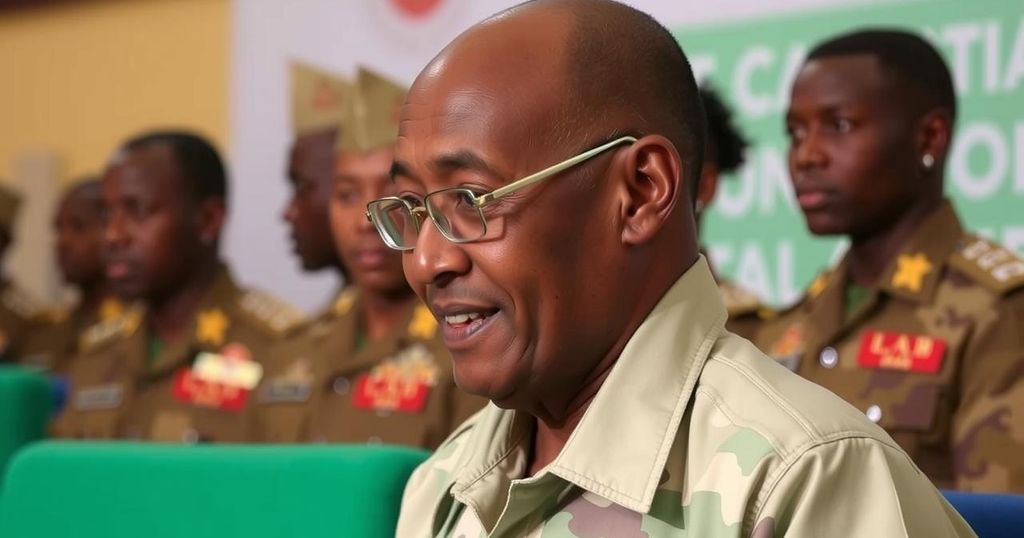Chad Elections: A Contested Transition Amid Opposition Boycott

Chad votes for legislative, provincial, and local elections amidst an opposition boycott. Marshal Mahamat Idriss Itno’s government is accused of electoral fraud and authoritarianism, while ongoing conflicts and media restrictions further complicate the electoral landscape.
Chad has initiated voting on Sunday for legislative, provincial, and local elections, which are touted by the government as a culmination of a political transition following three years of military governance. Notably, opposition parties have declared a boycott of these elections, leaving a landscape predominantly favorable to candidates supporting Marshal Mahamat Idriss Itno, who ascended to power after a military coup in 2021. The legitimacy of his regime was further solidified through a presidential election held last May, which was widely criticized by opposition factions as fraudulent.
Opposition leader Succes Masra encouraged voters to abstain from participating, stating, “It is better to stay at home,” while condemning the electoral process as corrupt. He alleged that “the fabricated results are already in the computers,” expressing deep skepticism regarding the integrity of the upcoming elections. Further complicating the situation, Masra’s party, the Democratic Party of the Chadian People, reported the disappearance of over a thousand ballots intended for the Bongor sub-prefecture, urging citizens to remain vigilant against potential electoral fraud orchestrated by the ruling party.
Polling will continue from 6 AM to 6 PM local time, during which approximately eight million residents are expected to cast their votes, supervised by a substantial presence of international observers. Military personnel and police have already begun voting a day prior. This election occurs within a context of persistent security threats posed by Boko Haram, the dissolution of a military accord with France, and allegations regarding Chad’s involvement in regional conflicts, particularly in Sudan.
Marshal Itno has framed these elections as a pivotal move toward restoring democratic governance in Chad, following the death of his father, Idriss Deby Itno, who governed the nation with an authoritarian hand for three decades. The last legislative elections were conducted in 2011; however, various socio-political challenges have postponed subsequent votes, leading to a 93-member transition parliament being established via presidential decree in 2021.
Opposition factions accuse Itno’s administration of intensifying autocratic and repressive measures, recalling the violence that ensued during oppositional protests in October 2022. Meanwhile, the media landscape is hampered by a strike from online journalists protesting government restrictions, leading to a dearth of reporting on the electoral process. Notably, the private media has been barred from covering the election day due to a lack of government-provided financial support typically extended for such occasions.
Chad’s political landscape has been characterized by instability and military dominance, particularly following the death of long-time President Idriss Deby in 2021. His son, Mahamat Idriss Itno, took power and promised to steer the country towards democratic elections. The backdrop against which these elections are set includes accusations of electoral malfeasance, ongoing conflicts with jihadist groups, and heightened tensions with former colonial power France. The challenges faced by the opposition highlight the repressive political climate under Itno’s government, accentuated by a lack of free press and public participation in the electoral process.
In summary, Chad’s ongoing elections unfold amid significant controversy and opposition boycotts, questioning the legitimacy of the electoral process. Marshal Mahamat Idriss Itno’s government faces criticism for its authoritarian methods and failure to ensure a transparent electoral framework. The prevailing security issues further complicate the situation, suggesting that the transition to a stable democratic governance remains fraught with challenges.
Original Source: www.barrons.com








